What is Trauma Bias?
Trauma bias is a type of cognitive bias that can occur when people have preconceived notions or beliefs about trauma and its effects.
This bias can influence how people perceive, interpret, and respond to traumatic events and the people who have experienced them.
For example, someone who has trauma bias may believe that trauma only affects certain groups of people, such as soldiers or victims of abuse. They may also believe that trauma has a uniform set of symptoms and effects, and that anyone who has experienced trauma should be able to “just get over it.”
These beliefs can lead people with trauma bias to dismiss or minimize the experiences and struggles of others who have been through trauma, and they can prevent these individuals from receiving the support and help they need.
Trauma bias can also affect how mental health professionals diagnose and treat trauma.
For example, a therapist with trauma bias may overlook or dismiss certain symptoms of trauma, or they may use a one-size-fits-all approach to treatment that is not tailored to the needs of their clients. This can result in inadequate or ineffective treatment, which can further harm the person who has experienced trauma. This is why SCARS recommends that victims should find a trauma counselor or therapist, who is fluent in trauma and its treatments.
Overall, trauma bias can be harmful and damaging to people who have experienced trauma. It is important for individuals and professionals to be aware of and challenge their own biases in order to provide accurate, compassionate, and effective support to those who have been through trauma.
How Does Trauma Bias Manifest Itself?
Trauma bias can manifest in a number of ways, depending on the individual and their beliefs and attitudes about trauma.
Some common ways that trauma bias can manifest include:
- Dismissing or minimizing the experiences and struggles of people who have experienced trauma. For example, someone with trauma bias may say that someone who has been through a traumatic event is “overreacting” or “being dramatic.”
- Believing that trauma only affects certain groups of people, such as soldiers or victims of abuse. This belief can lead people with trauma bias to ignore or dismiss the experiences of people who have been through a trauma but do not fit their preconceived notions of who is affected by trauma.
- Believing that trauma has a uniform set of symptoms and effects, and that anyone who has experienced trauma should be able to “just get over it.” This belief can lead people with trauma bias to downplay the severity and impact of trauma, and it can prevent people who have been through trauma from receiving the support and help they need.
- Using a one-size-fits-all approach to treatment that is not tailored to the needs of people who have experienced trauma. For example, someone with trauma bias may use the same treatment plan for all of their clients, regardless of their individual experiences and needs. This can result in inadequate or ineffective treatment.
Overall, trauma bias can manifest in a variety of ways, and it can have negative consequences for people who have experienced trauma. It is important for individuals and professionals to be aware of and challenge their own biases in order to provide accurate, compassionate, and effective support to those who have been through trauma.
How Does Trauma Bias Affect Crime Victims?
Trauma bias can have a number of negative effects on crime victims. For example:
- Trauma bias can prevent victims from receiving the support and help they need. If someone with trauma bias dismisses or minimizes the experiences and struggles of crime victims, they may not provide the necessary support and assistance to help these individuals recover from their trauma. This can prevent victims from accessing resources and services that could help them cope with their experiences and move forward with their lives.
- Trauma bias can make victims feel invalidated and misunderstood. If someone with trauma bias believes that trauma only affects certain groups of people, or that it has a uniform set of symptoms and effects, they may not recognize or acknowledge the unique experiences and challenges of crime victims. This can make victims feel like their experiences and struggles are not valid or important, which can further harm their mental health and well-being.
- Trauma bias can prevent victims from receiving appropriate treatment. If someone with trauma bias uses a one-size-fits-all approach to treatment, they may not be able to provide the individualized care and support that crime victims need. This can result in inadequate or ineffective treatment, which can prevent victims from recovering from their trauma and may even cause additional harm.
- Trauma bias can reinforce harmful stereotypes and stigma. If someone with trauma bias believes that trauma only affects certain groups of people, they may perpetuate stereotypes and biases about these groups. For example, they may stereotype victims of sexual assault as “weak” or “promiscuous,” or they may stereotype victims of domestic violence as “crazy” or “deserving” of the abuse. These stereotypes and biases can further harm crime victims by making them feel judged, blamed, or marginalized.
Overall, trauma bias can have negative and harmful effects on crime victims. It is important for individuals and professionals to be aware of and challenge their own biases in order to provide accurate, compassionate, and effective support to victims of crime.
This article is by:
SCARS™ – Society of Citizens Against Relationship Scams Inc.
A scams & financial fraud crime victims assistance & crime prevention nonprofit organization headquartered in Miami Florida USA & Monterrey NL Mexico, with partners in more than 60 countries worldwide
If you are a Victim sign up for our FREE SCARS Support Groups at support.AgainstScams.org
To learn more about SCARS, or to Join, Volunteer, or Donate visit: AgainstScams.org
To see Scammer Photos visit www.ScammerPhotos.com
Contact Us: Contact@AgainstScams.org
-/ 30 /-
What do you think about this?
Please share your thoughts in a comment below!
To Learn More Also Look At Our Article Catalogs
Scam & Crime Types
More SCARS
- ScamsNOW Magazine – ScamsNOW.com
- ContraEstafas.org
- ScammerPhotos.com
- AnyScam.com – reporting
- AgainstScams.org – SCARS Corporate Website
- SCARS YouTube Video Channel


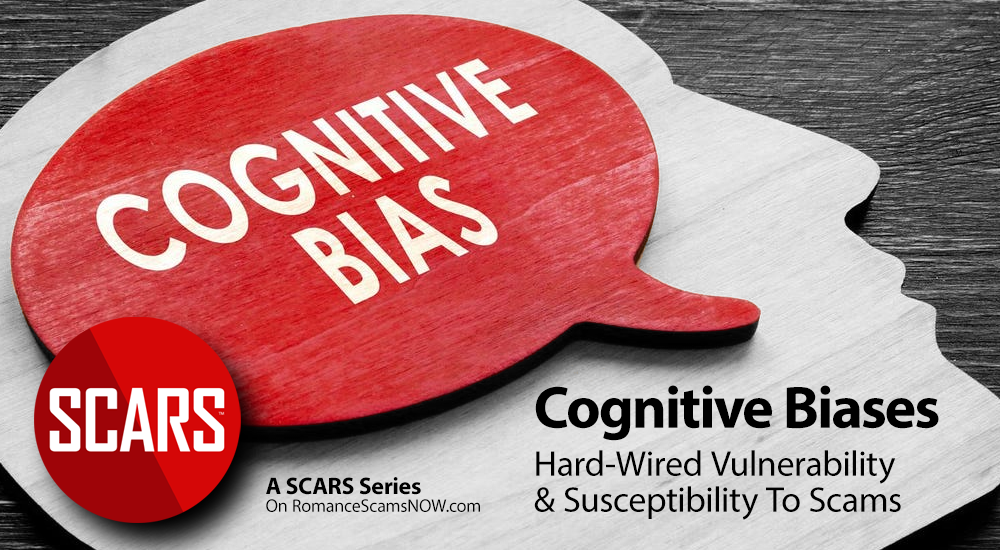
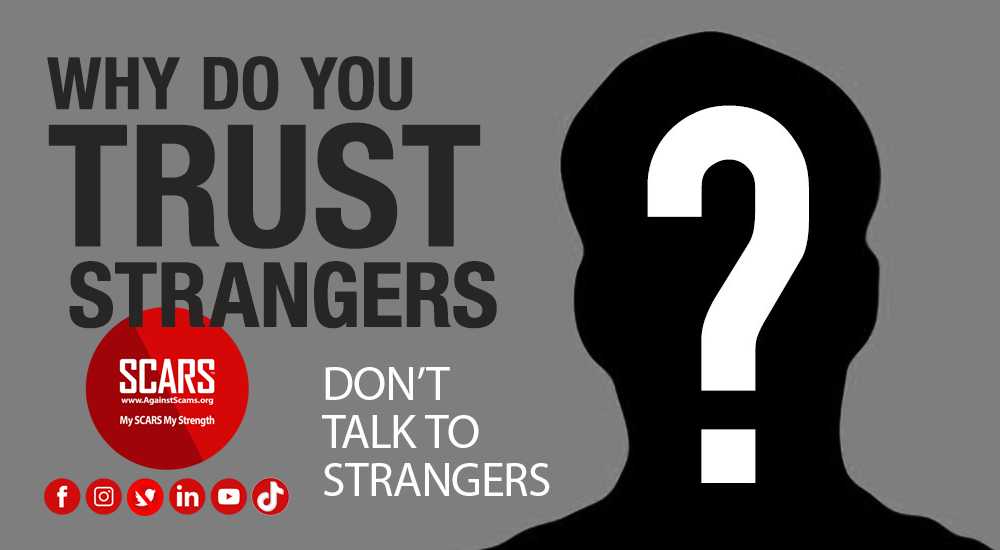
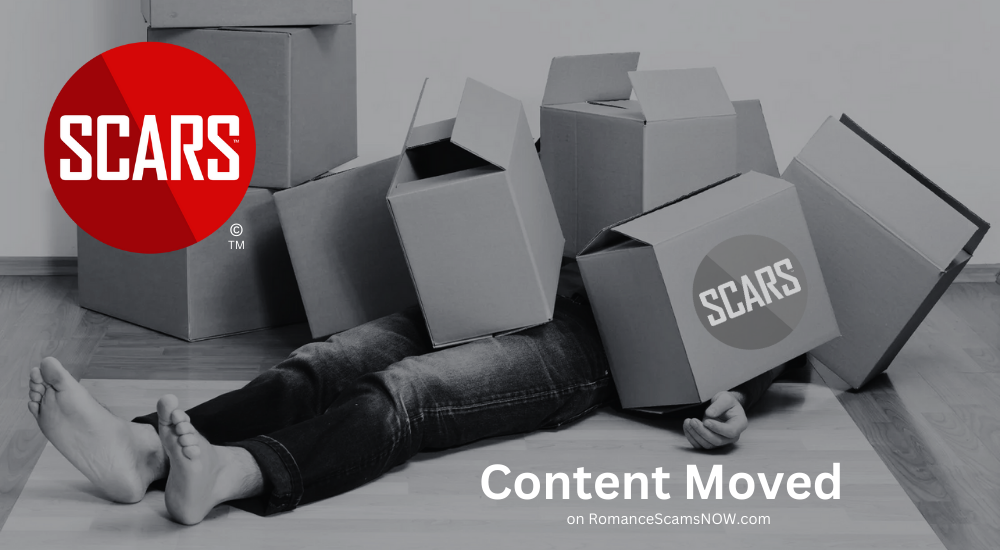
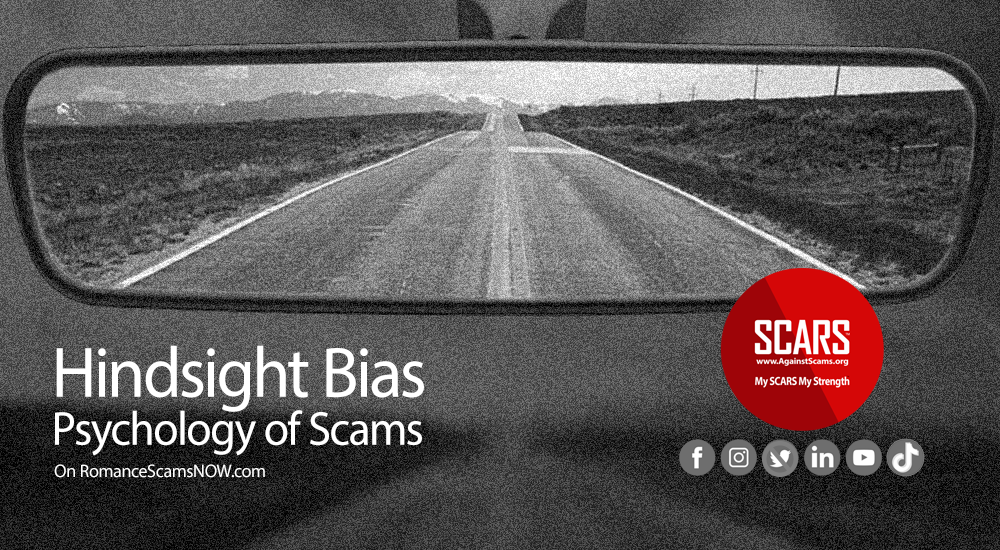
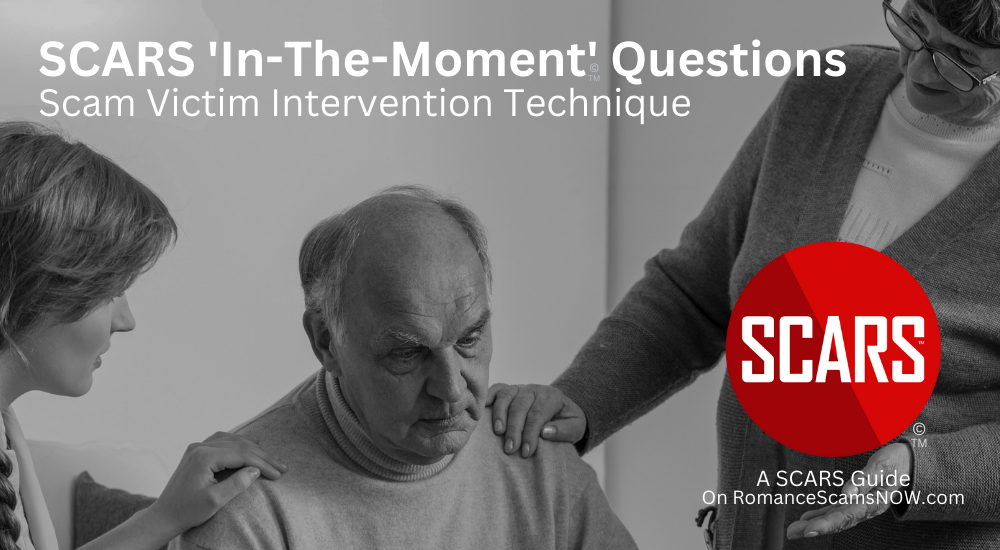










Leave A Comment